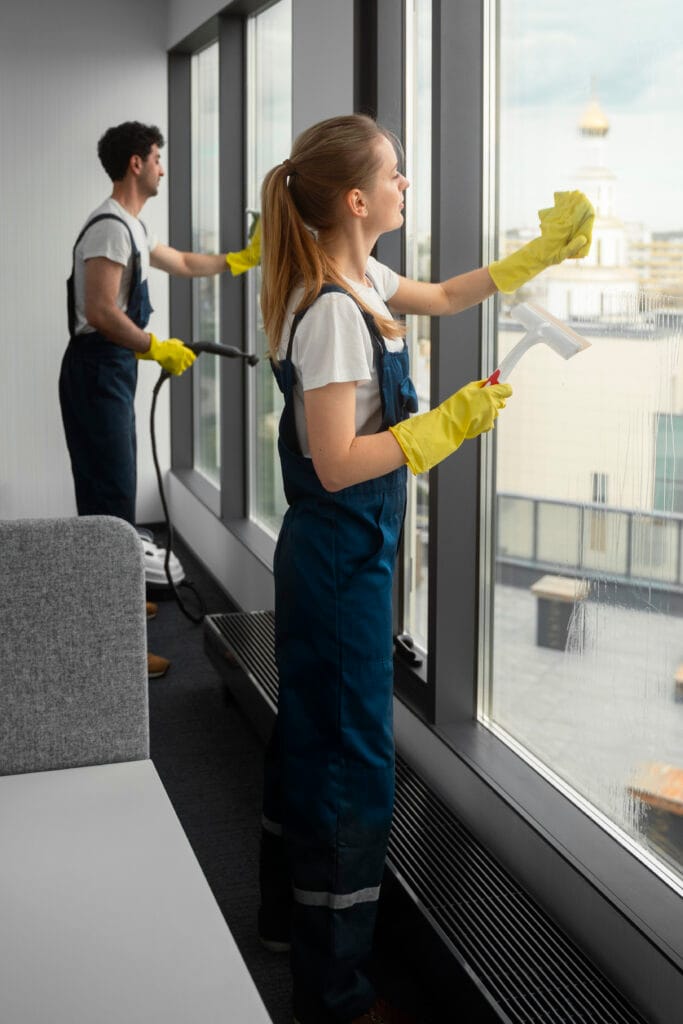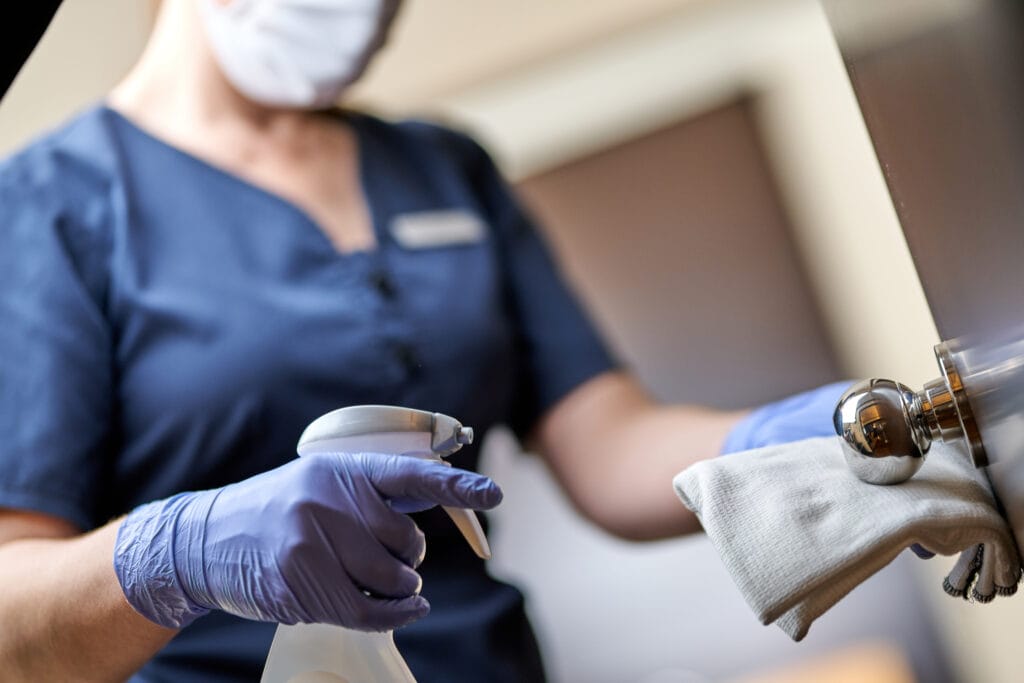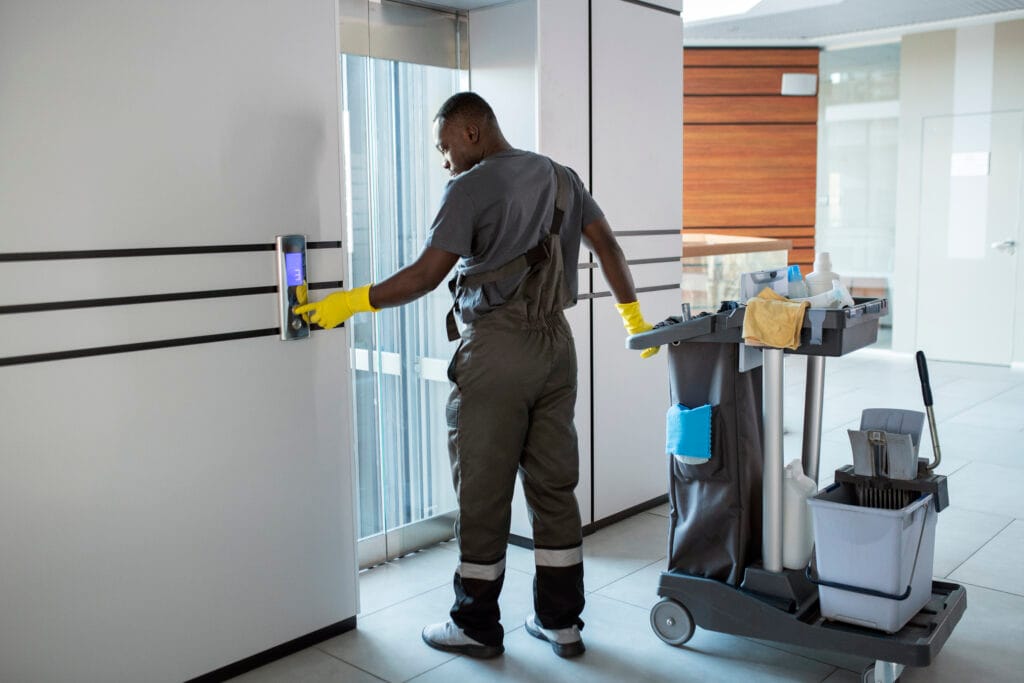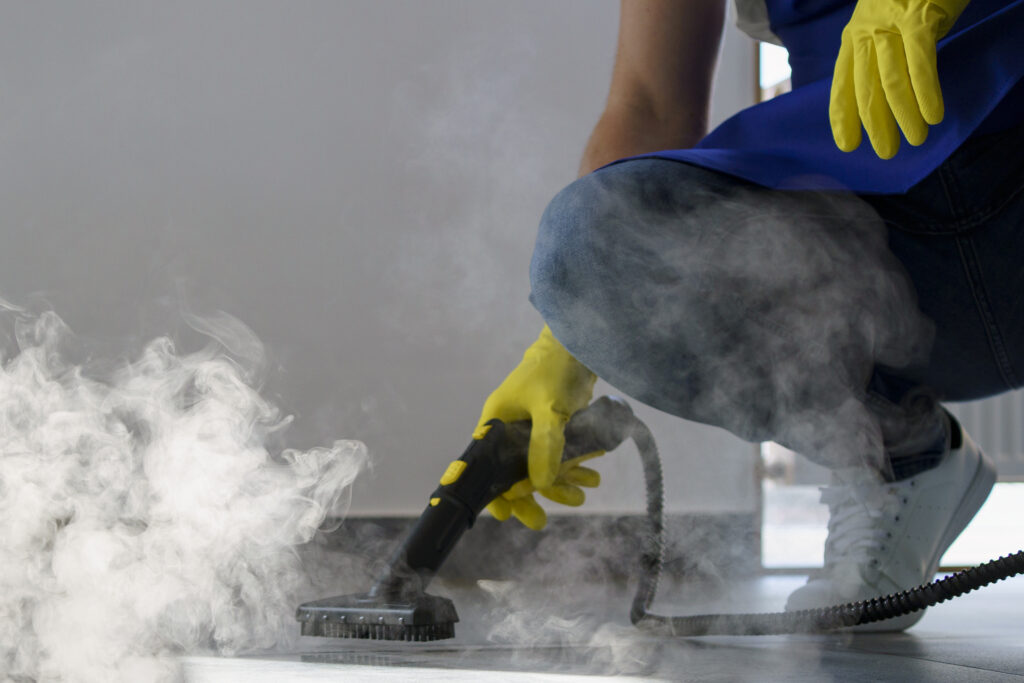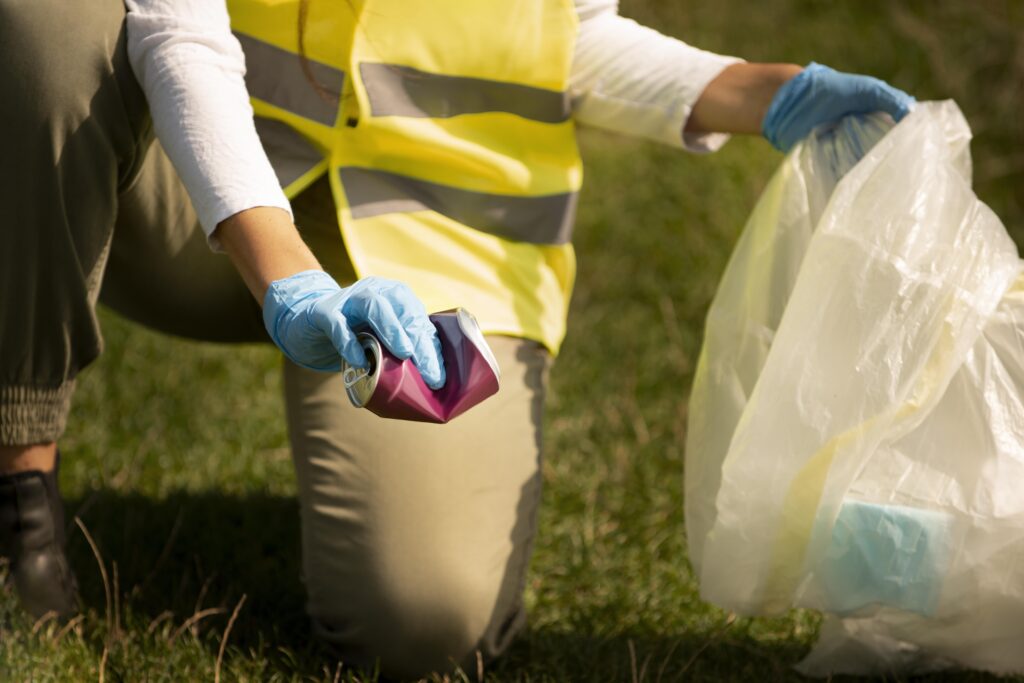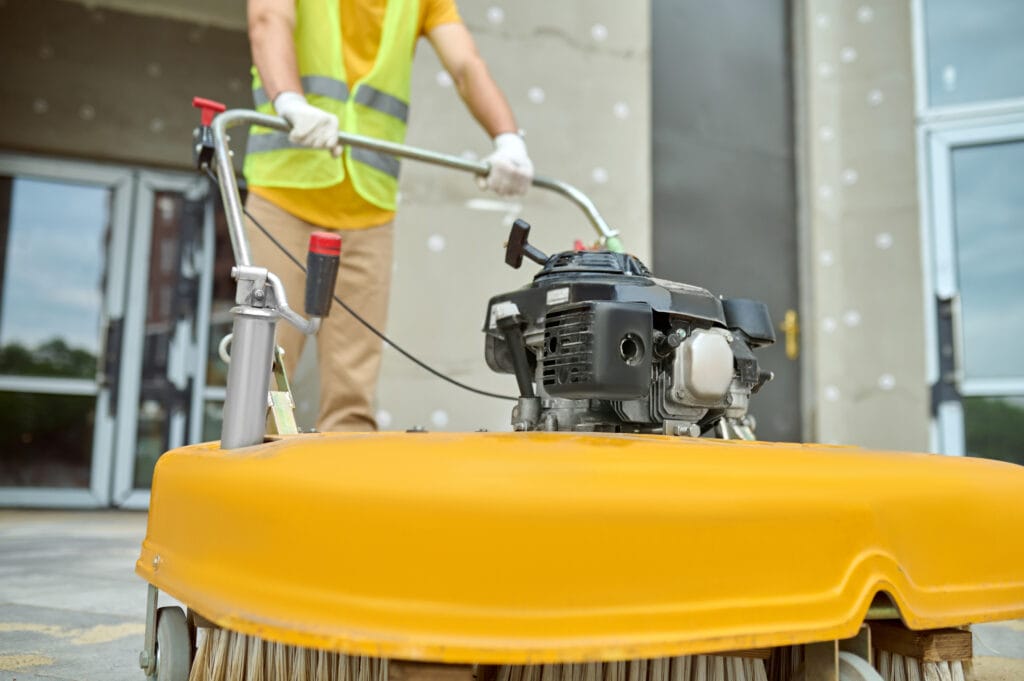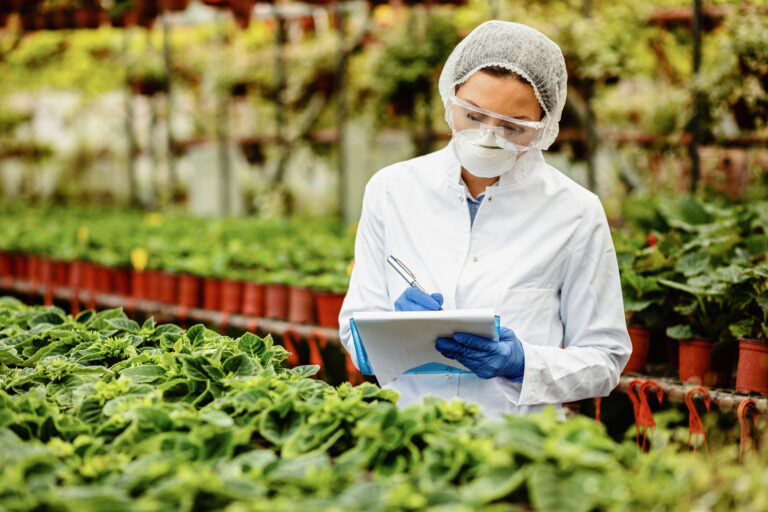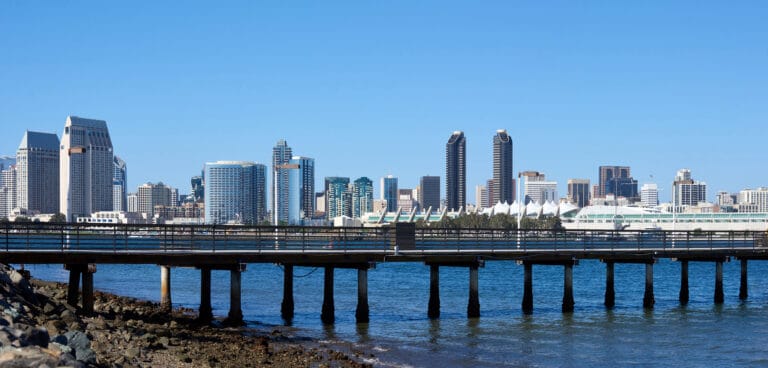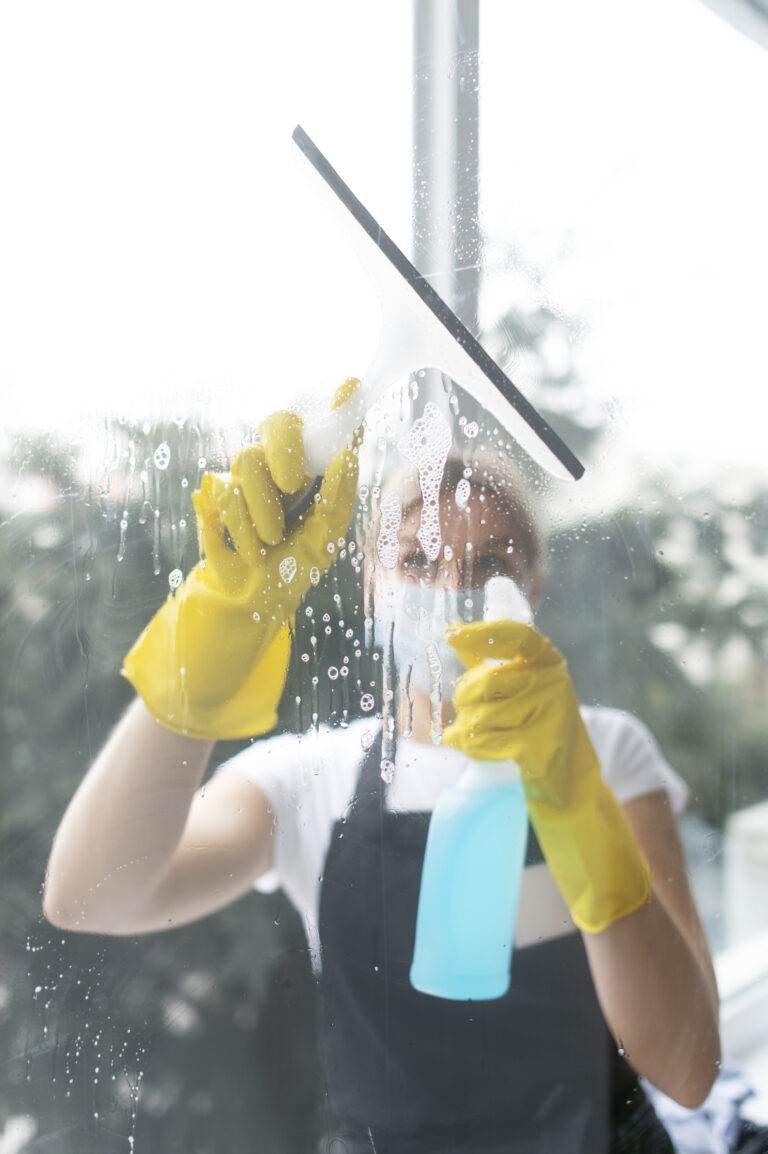In the hospitality industry, cleanliness is not merely a matter of aesthetics; it is a fundamental component of guest satisfaction and overall operational success. High cleaning standards serve as the backbone of a positive guest experience, influencing everything from first impressions to repeat business. When guests enter a hotel or resort, their immediate perception is shaped by the cleanliness of the environment.
A well-maintained space communicates professionalism and attention to detail, which can significantly enhance a guest’s stay. Conversely, neglecting cleaning standards can lead to negative reviews, diminished reputation, and ultimately, a decline in occupancy rates. Moreover, maintaining rigorous cleaning standards is essential for health and safety.
In an era where hygiene has taken center stage, especially in the wake of global health crises, guests are more vigilant about cleanliness than ever before. Establishing and adhering to high cleaning standards not only protects guests but also safeguards staff and the broader community. By prioritizing cleanliness, hospitality establishments can mitigate the risk of illness transmission and create a safe environment for everyone involved.
This commitment to cleanliness fosters trust and loyalty among guests, encouraging them to return and recommend the establishment to others.
Key Takeaways
- Hospitality cleaning standards are crucial for maintaining a safe and welcoming environment for guests.
- Key areas of focus for hospitality cleaning include guest rooms, public areas, and staff facilities.
- Best practices for room cleaning involve thorough cleaning and disinfection of high-touch surfaces and regular maintenance of HVAC systems.
- Public area cleaning is important for creating a positive first impression and ensuring the safety and comfort of guests.
- Staff training and education are essential for ensuring that cleaning protocols are followed and maintaining high standards of cleanliness.
- The use of environmentally friendly cleaning products is important for reducing the impact on the environment and the health of guests and staff.
- Regular inspections and audits are necessary for identifying areas for improvement and ensuring compliance with cleaning standards.
- Implementing and maintaining high standards of cleanliness requires a commitment to ongoing training, monitoring, and adaptation to new challenges.
Key Areas of Focus for Hospitality Cleaning
When it comes to hospitality cleaning, several key areas require particular attention to ensure that standards are met consistently. Guest rooms are undoubtedly one of the most critical areas, as they are where guests spend the majority of their time. A thorough cleaning regimen for guest rooms includes not only surface cleaning but also deep cleaning tasks such as carpet shampooing, upholstery cleaning, and sanitizing high-touch areas like light switches and remote controls.
Each of these tasks plays a vital role in creating a welcoming atmosphere that promotes relaxation and comfort. Public areas also demand significant focus in hospitality cleaning. Lobbies, hallways, restrooms, and dining areas are often the first points of contact for guests and can greatly influence their overall impression of the establishment.
Regular cleaning and maintenance of these spaces are essential to ensure they remain inviting and hygienic. This includes routine dusting, vacuuming, and sanitizing surfaces to prevent the spread of germs. Additionally, maintaining outdoor spaces such as patios or pool areas is equally important, as these areas contribute to the overall ambiance and guest experience.
Best Practices for Room Cleaning
Implementing best practices for room cleaning is crucial for achieving high standards in hospitality settings. One effective approach is to adopt a systematic cleaning protocol that ensures no area is overlooked. This can involve creating detailed checklists that outline specific tasks for each room type, allowing housekeeping staff to work efficiently while maintaining consistency in their efforts.
By following a structured process, staff can ensure that every corner of the room is attended to, from dusting surfaces to changing linens. Another best practice involves using the right tools and equipment for the job. Investing in high-quality cleaning supplies and machinery can significantly enhance the effectiveness of cleaning efforts.
For instance, using microfiber cloths can help trap dust and dirt more effectively than traditional rags, while commercial-grade vacuums can provide superior suction power for carpets. Additionally, employing specialized cleaning solutions designed for various surfaces can help maintain the integrity of furnishings while ensuring thorough sanitation. Training staff on how to use these tools properly is equally important to maximize their effectiveness.
Importance of Public Area Cleaning
The significance of public area cleaning in hospitality cannot be overstated. These spaces serve as the face of the establishment, often setting the tone for a guest’s experience before they even reach their rooms. Clean public areas create an inviting atmosphere that encourages guests to relax and enjoy their surroundings.
Conversely, dirty or poorly maintained public spaces can lead to immediate dissatisfaction and may deter potential guests from choosing the establishment in the future. Moreover, public area cleaning plays a critical role in health and safety. High-traffic areas are breeding grounds for germs and bacteria, making regular cleaning essential to prevent illness outbreaks.
This is particularly important in restrooms and dining areas where hygiene standards must be upheld rigorously. By ensuring that public areas are consistently cleaned and sanitized, hospitality establishments can protect both guests and staff while fostering a culture of health consciousness within their operations.
Importance of Staff Training and Education
Staff training and education are pivotal in maintaining high cleaning standards within hospitality settings. Well-trained staff are equipped with the knowledge and skills necessary to perform their duties effectively while adhering to established protocols. Training programs should cover various aspects of cleaning, including proper techniques, safety procedures, and the use of cleaning products.
By investing in comprehensive training, hospitality establishments can empower their staff to take pride in their work and deliver exceptional service. Furthermore, ongoing education is essential in keeping staff updated on industry best practices and emerging trends in cleaning technology. Regular workshops or refresher courses can help reinforce the importance of cleanliness while introducing new methods or products that enhance efficiency and effectiveness.
A culture of continuous learning not only improves staff performance but also fosters a sense of teamwork and accountability among employees, ultimately contributing to a higher standard of cleanliness throughout the establishment.
Use of Environmentally Friendly Cleaning Products
Health Benefits of Eco-Friendly Cleaning Products
In addition to being better for the planet, environmentally friendly cleaning products often offer health benefits for both guests and staff. Traditional cleaning agents can contain harsh chemicals that may trigger allergies or respiratory issues; however, eco-friendly alternatives are typically formulated with safer ingredients that minimize these risks.
Creating a Healthier Indoor Environment
By choosing green products, hospitality establishments can create a healthier indoor environment while still achieving high levels of cleanliness. This not only benefits guests and staff but also contributes to a positive reputation for the establishment.
A Win-Win for Hospitality Businesses
By opting for eco-friendly cleaning products, hospitality businesses can demonstrate their commitment to environmental stewardship and appeal to a growing demographic of eco-conscious travelers, ultimately leading to increased customer loyalty and a competitive edge in the market.
Importance of Regular Inspections and Audits
Regular inspections and audits are vital components of maintaining high cleaning standards in hospitality settings. These evaluations provide an opportunity to assess compliance with established protocols and identify areas for improvement. By conducting routine inspections, management can ensure that staff are adhering to cleaning schedules and using appropriate techniques and products.
Audits also serve as a valuable tool for accountability within the organization. They allow management to track performance over time and recognize outstanding efforts by staff members who consistently meet or exceed expectations. Additionally, feedback from inspections can inform training programs and help refine cleaning processes to enhance overall efficiency.
Ultimately, regular inspections contribute to a culture of excellence where cleanliness is prioritized at every level of operation.
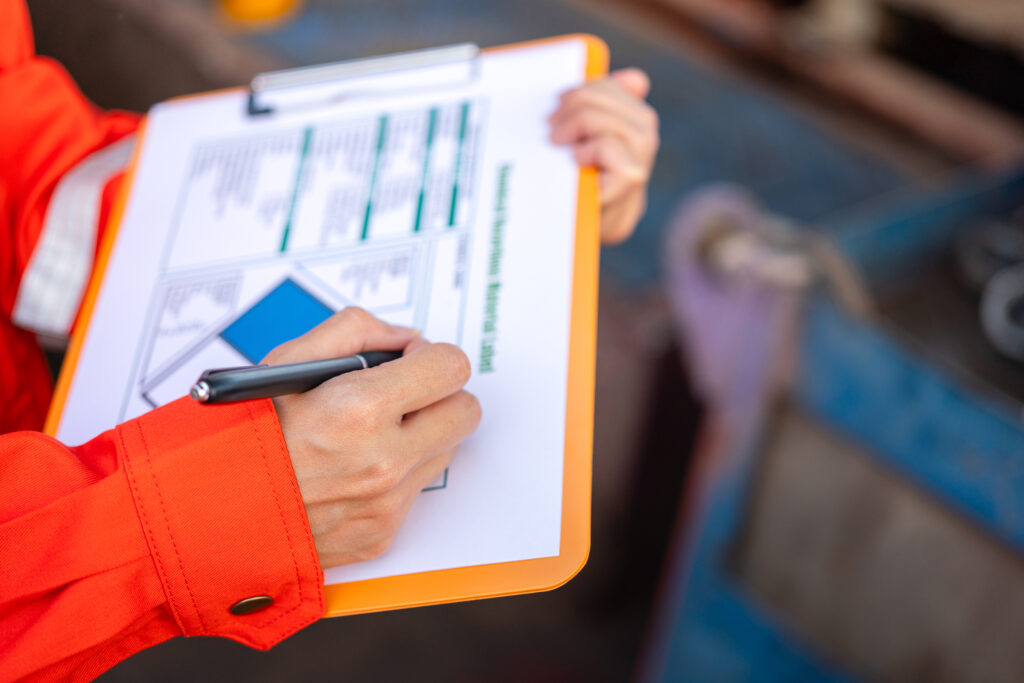
Implementing and Maintaining High Standards
Implementing and maintaining high cleaning standards requires a multifaceted approach that encompasses training, effective communication, and ongoing evaluation. Establishing clear expectations from the outset is crucial; this includes developing comprehensive cleaning protocols that outline specific tasks and responsibilities for staff members. By providing detailed guidelines, management can ensure that everyone understands their role in upholding cleanliness standards.
Moreover, fostering open lines of communication between management and staff is essential for addressing challenges that may arise during daily operations. Encouraging feedback from employees can lead to valuable insights into potential improvements or adjustments needed in cleaning practices. Additionally, recognizing and rewarding staff efforts can motivate employees to take ownership of their responsibilities and strive for excellence in their work.
In conclusion, maintaining high cleaning standards in hospitality settings is paramount for ensuring guest satisfaction, health safety, and operational success. By focusing on key areas such as guest rooms and public spaces, implementing best practices for room cleaning, prioritizing staff training, utilizing environmentally friendly products, conducting regular inspections, and fostering a culture of accountability, hospitality establishments can create an environment that not only meets but exceeds guest expectations. The commitment to cleanliness ultimately reflects an organization’s dedication to providing exceptional service while promoting a safe and welcoming atmosphere for all who enter its doors.
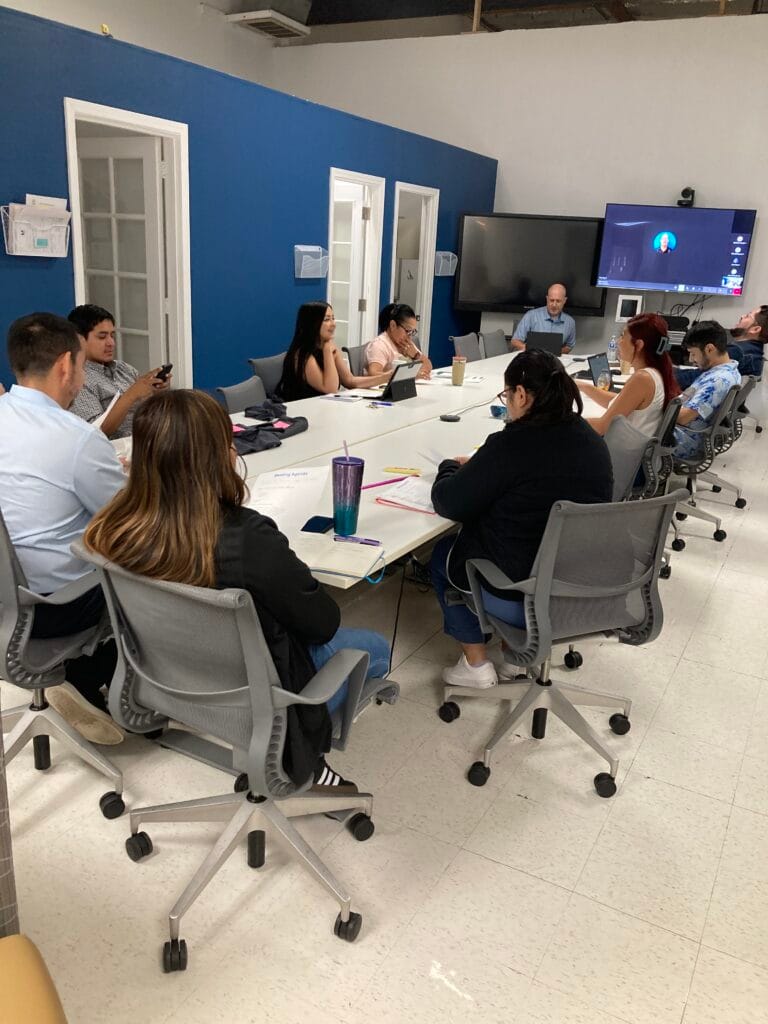
FAQs
What are hospitality cleaning standards for Monterey Bay hotels and resorts?
Hospitality cleaning standards for Monterey Bay hotels and resorts are guidelines and protocols set in place to ensure the cleanliness and safety of the facilities for guests and staff. These standards cover areas such as guest rooms, public spaces, dining areas, and recreational facilities.
What are some common hospitality cleaning standards for hotels and resorts?
Common hospitality cleaning standards for hotels and resorts include regular cleaning and disinfection of high-touch surfaces, thorough cleaning of guest rooms and bathrooms, proper ventilation, and the use of approved cleaning products and equipment.
How are hospitality cleaning standards enforced in Monterey Bay hotels and resorts?
Hospitality cleaning standards in Monterey Bay hotels and resorts are enforced through regular inspections by management, adherence to local health and safety regulations, and ongoing training for housekeeping staff on proper cleaning procedures and protocols.
Why are hospitality cleaning standards important for hotels and resorts?
Hospitality cleaning standards are important for hotels and resorts to maintain a clean and safe environment for guests and staff, prevent the spread of infectious diseases, and uphold the reputation and quality of the establishment.
How can guests ensure that hospitality cleaning standards are being met at a hotel or resort?
Guests can ensure that hospitality cleaning standards are being met at a hotel or resort by observing the cleanliness of their accommodations and public areas, inquiring about the cleaning protocols in place, and providing feedback to management if they have any concerns.
